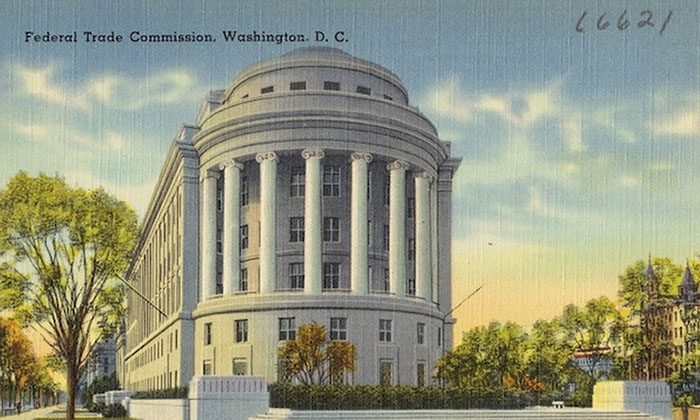By William Banks
By any standard the field of national security law is undergoing significant and unprecedented change in the second Trump administration. The President and his appointees have challenged or simply ignored legal guardrails guiding national security decisions dating from the framing of the Constitution to contemporary post-Watergate reforms, not to mention longstanding legal and normative principles in international law.
The pace of change has been dizzying. Countless new executive orders have been announced, many not offering even a patina of relevant legal justification. Double digit national emergencies have been declared, stretching even the overly generous terms of the National Emergencies Act. Domestic departments and agencies have been gutted, staffs culled of supposedly disloyal officials, and their appropriations frozen in open disregard of legislation forbidding impoundment of appropriated funds.
Nowhere has the Trump administration acted more brazenly than in renaming and remaking the Department of Defense — gutting independent legal advice from career JAG officers, compromising sensitive national security information, unilaterally engaging in a massive attack on Iran and ongoing lethal strikes against suspected drug cartels in international waters, and increasingly committing the regular military and National Guard to unprecedented domestic deployments intended to strengthen immigration enforcement, protect the southwestern border, and control supposed crime waves in various cities.
Meanwhile, a massive reordering of U.S. trade relations with dozens of nations around the world has been implemented through tariffs based on the supposed authority of a federal statute never before tested in such a sharp departure from its patterns and practices. The President’s appeal from injunctions imposed by two courts of appeal will be heard by the Supreme Court this November.
This brief litany merely scratches the surface of the dramatic and ongoing challenges to the substance and processes of national security law that so many of us have learned, navigated, and practiced for many years. It is fitting, then, that JNSLP curate a set of short essays exploring National Security Law in the Second Trump Administration.
The essays that appear in this special online issue of JNSLP have been written by experts in the field, from practice, academia, government service (civilian and military), and the NGO community. Their contributions are intended as succinct sketches of the legal and policy issues that animate a range of developments in the second Trump administration.
The friends and colleagues that worked hard to bring these essays to JNSLP include managing editor Todd Huntley and special issue guest editors Margaret Hu, Geoff Corn, Steve Dycus, and Gene Fidell. Their deep and broad experience and excellent editorial judgment brought these essays to us and provide the timely and sometimes provocative primers that follow.
